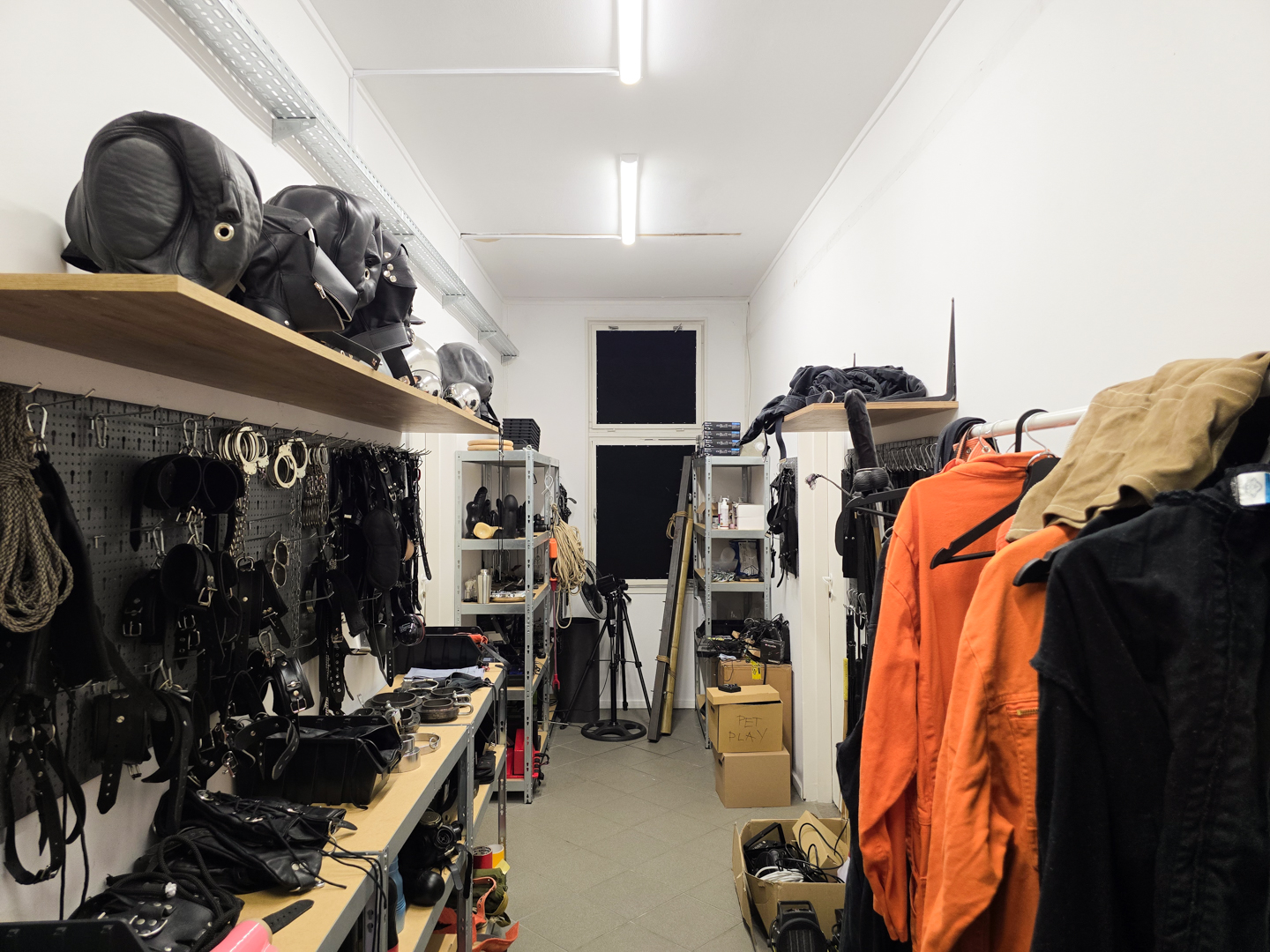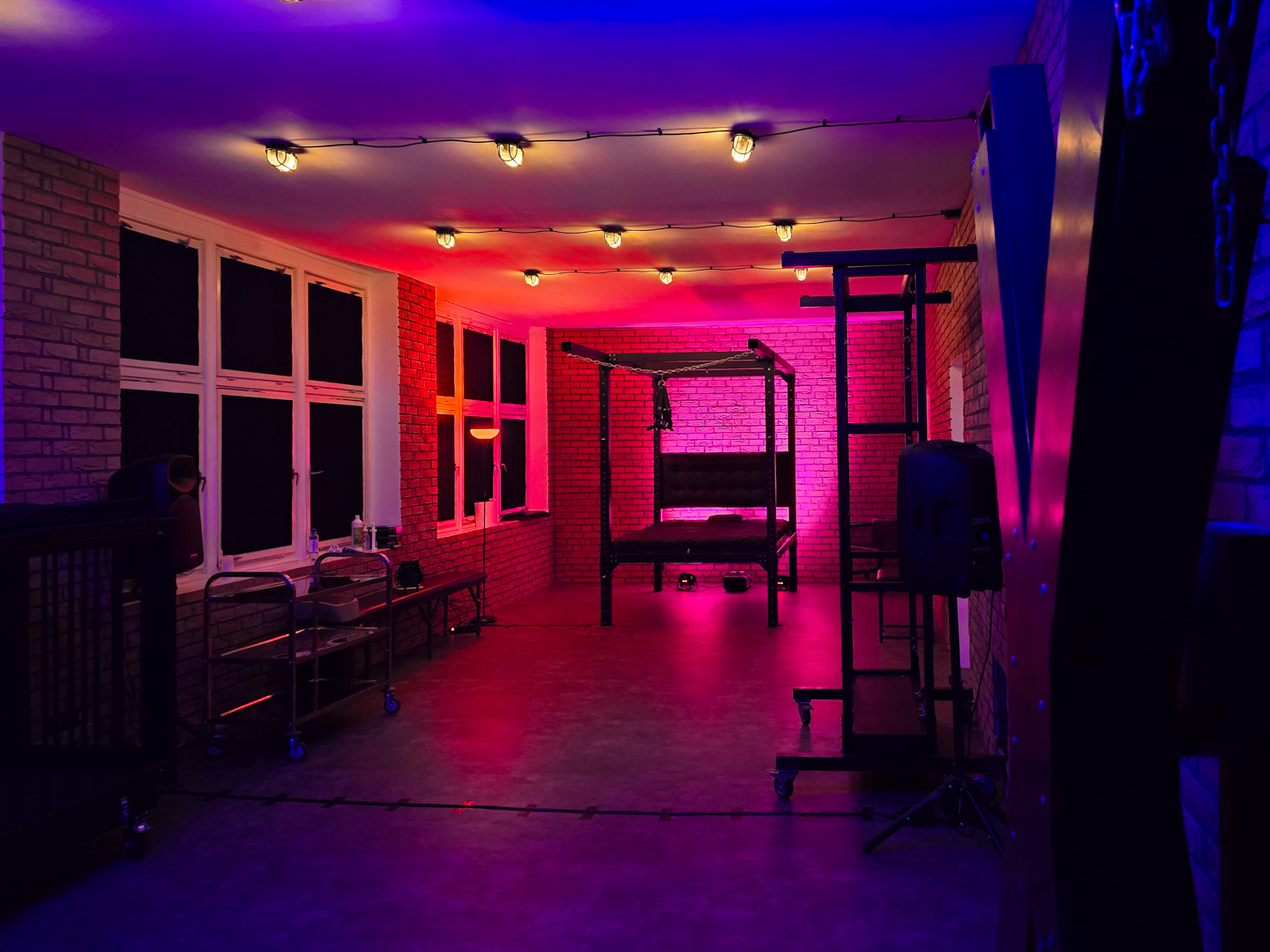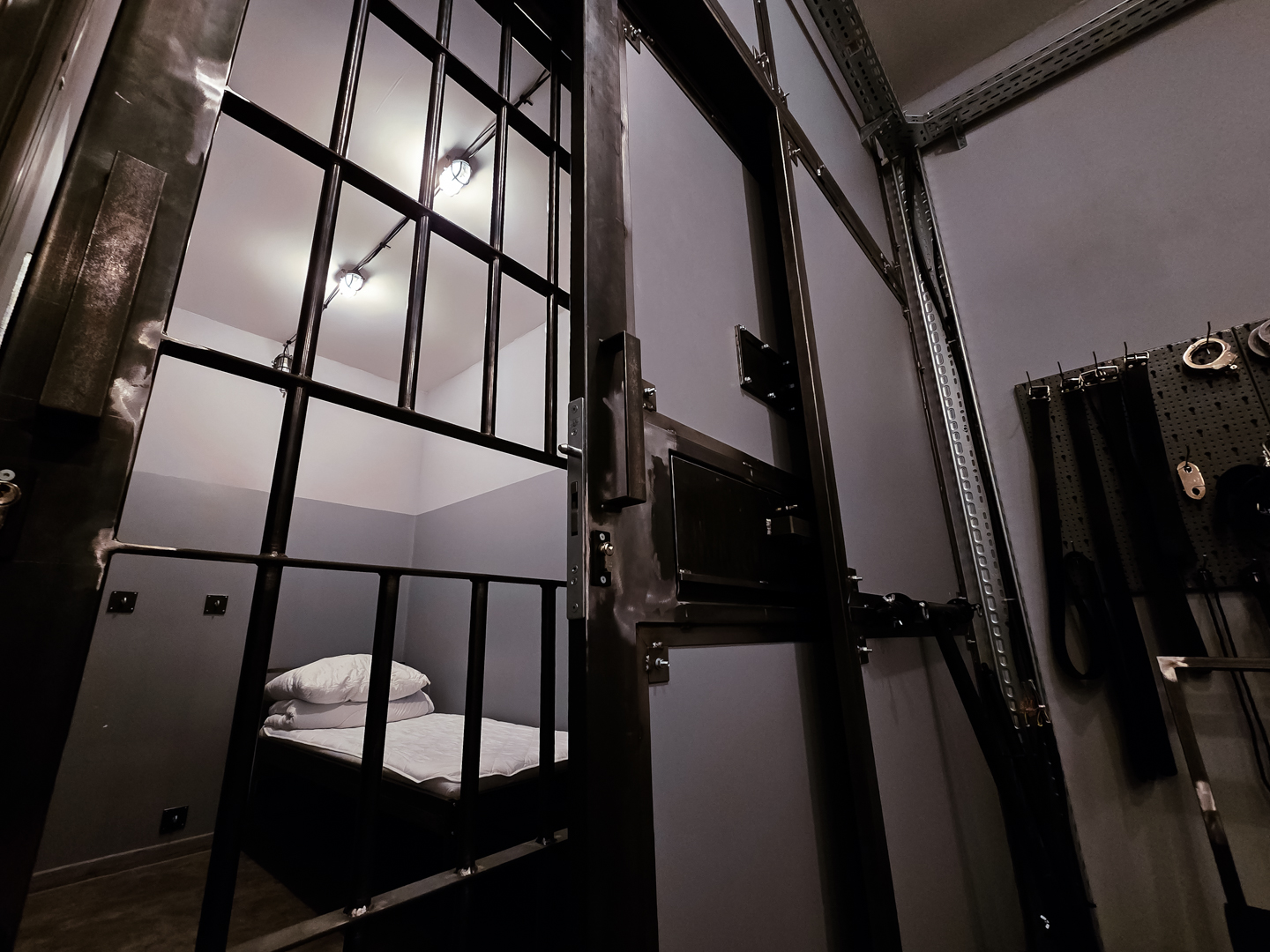Warsaw prison is not just a building; it's a chapter in Poland's history that echoes through time. From its dark beginnings to its role in shaping modern Poland, this institution has become an integral part of the nation's identity. As we dive into its story, you'll uncover secrets, struggles, and triumphs that make Warsaw prison one of the most fascinating places in Eastern Europe.
If you've ever wondered about the mysteries hidden within these walls, you're in for a treat. This article will take you on a journey through the corridors of Warsaw prison, exploring its past, present, and future. We'll delve into the lives of those who walked its halls, the events that shaped its existence, and the legacy it leaves behind.
Warsaw prison isn't just a place of confinement; it's a symbol of resilience and resistance. Throughout its history, it has witnessed some of the most significant moments in Polish history, from the fight for independence to the struggles against oppression. So, buckle up and get ready to explore the untold stories of Warsaw prison.
- Unpacking The Net Worth Of Jerry Oconnell A Closer Look At His Career And Wealth
- Magda Gaacutebor The Glamorous Legend You Need To Know
The Origins of Warsaw Prison: A Dark Beginning
Let's rewind the clock to the early days of Warsaw prison. Established in the 19th century, this institution was originally designed to house political prisoners during the Russian occupation of Poland. Back then, the conditions were harsh, and the treatment of inmates was anything but humane. The prison quickly gained a reputation for being one of the most brutal places in the region.
During its early years, Warsaw prison became a hub for political dissidents and revolutionaries fighting for Polish independence. Many of these prisoners were subjected to inhumane treatment, including torture and solitary confinement. Despite the hardships, the spirit of resistance remained strong, and the prison became a symbol of defiance against oppression.
Key Events in Warsaw Prison's History
- 1831: The prison is established during the Russian occupation.
- 1918: Poland regains independence, and the prison's role shifts to housing common criminals.
- 1939: With the outbreak of World War II, the prison becomes a detention center for Nazi Germany.
- 1944: The Warsaw Uprising leads to significant changes in the prison's operations.
Warsaw Prison During World War II
World War II marked a dark period for Warsaw prison. When Nazi Germany occupied Poland, the prison was transformed into a detention center for political prisoners and resistance fighters. Thousands of Poles were imprisoned, tortured, and executed within its walls. The conditions were deplorable, and survival was a daily struggle for those held captive.
- Hunter Thompson Raising Capital The Untold Story Of Grit Vision And Financial Mastery
- Ginos 90day Fianceacute Net Worth The Complete Lowdown
Despite the horrors, the prison became a focal point for resistance against the Nazi regime. Secret messages were smuggled in and out, and plans for escape and rebellion were hatched within its confines. The resilience of the prisoners during this time is a testament to the strength of the human spirit in the face of adversity.
The Role of Warsaw Prison in the Warsaw Uprising
The Warsaw Uprising of 1944 was a pivotal moment in the prison's history. As the city rose against Nazi occupation, the prison became both a battleground and a sanctuary for resistance fighters. Many prisoners were released during the uprising, and the prison itself was used as a base for operations against the occupying forces.
The Modern Era of Warsaw Prison
After World War II, Warsaw prison underwent significant changes. With Poland's liberation and eventual transition to democracy, the prison's role shifted from a place of political repression to a facility for housing common criminals. Efforts were made to improve conditions for inmates, and rehabilitation programs were introduced to help prisoners reintegrate into society.
Today, Warsaw prison continues to operate as a correctional facility, but it also serves as a reminder of Poland's turbulent past. The prison museum, located on the premises, offers visitors a glimpse into its history and the stories of those who were held within its walls.
Reforms and Rehabilitation in Warsaw Prison
- Introduction of educational programs for inmates.
- Focus on vocational training to prepare prisoners for life after release.
- Collaboration with local organizations to support prisoner rehabilitation.
Life Inside Warsaw Prison: A Day in the Life
What's it like to live inside Warsaw prison? For the prisoners, life is a mix of routine and uncertainty. Days are structured around a strict schedule, with time allocated for meals, exercise, and work. Inmates are encouraged to participate in educational and vocational programs, which aim to equip them with skills for life after release.
Despite the structured environment, life inside the prison can be challenging. The psychological toll of confinement, combined with the stigma of being a prisoner, can make the experience difficult. However, many inmates find solace in the support networks they build within the facility and the hope of a better future.
Challenges Faced by Inmates
- Dealing with isolation and loneliness.
- Access to adequate healthcare and mental health services.
- Overcoming the stigma of imprisonment upon release.
The Impact of Warsaw Prison on Polish Society
Warsaw prison has had a profound impact on Polish society. It serves as a reminder of the nation's struggle for freedom and the sacrifices made by those who fought for independence. The stories of resistance and resilience that emerged from within its walls continue to inspire generations of Poles.
Today, the prison museum plays a vital role in preserving this legacy. By educating visitors about the history of Warsaw prison and the experiences of its inmates, the museum ensures that these stories are not forgotten. It also serves as a platform for discussions about justice, human rights, and the role of prisons in modern society.
Lessons Learned from Warsaw Prison's History
The history of Warsaw prison offers valuable lessons about the importance of justice, freedom, and human rights. It reminds us that even in the darkest of times, the human spirit can endure and triumph over adversity. By studying the past, we can work towards creating a more just and equitable society for the future.
The Future of Warsaw Prison
As Poland continues to evolve, so too does the role of Warsaw prison. Efforts are underway to modernize the facility and improve conditions for inmates. The focus is on rehabilitation rather than punishment, with an emphasis on helping prisoners reintegrate into society.
Looking ahead, there are plans to expand the prison museum and enhance its educational offerings. By doing so, the museum hopes to reach a wider audience and foster greater understanding of Poland's complex history. The future of Warsaw prison is bright, and its legacy will continue to shape the nation for generations to come.
Innovations in Prison Reform
- Implementation of technology to support rehabilitation programs.
- Increased focus on mental health and well-being for inmates.
- Collaboration with international organizations to share best practices.
Conclusion: Reflecting on Warsaw Prison's Legacy
Warsaw prison is more than just a building; it's a testament to the resilience and strength of the Polish people. From its dark beginnings as a place of oppression to its role in shaping modern Poland, the prison has left an indelible mark on the nation's history.
As we've explored in this article, Warsaw prison offers valuable lessons about justice, freedom, and human rights. By understanding its history and the experiences of those who were held within its walls, we can work towards creating a more just and equitable society for the future.
We encourage you to visit the prison museum and learn more about its fascinating history. Share this article with your friends and family, and join the conversation about the role of prisons in modern society. Together, we can honor the legacy of Warsaw prison and ensure that its stories are never forgotten.
Table of Contents
- Christian Yelich Salary A Deep Dive Into The Numbers Behind The Star
- Barry Watson From 7th Heaven The Journey Of A Talented Actor


